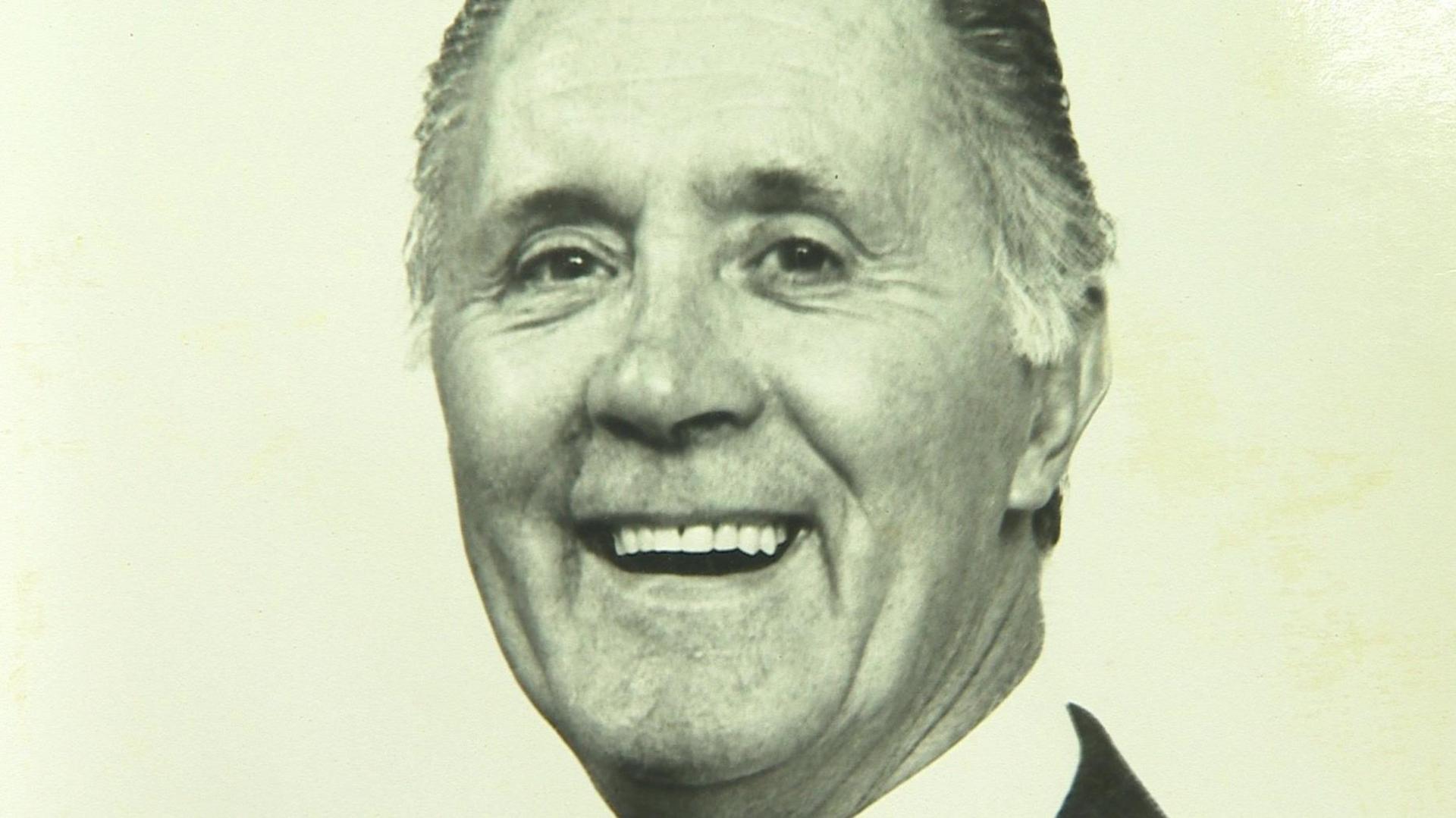D-Day veteran says friends' sacrifice a 'waste of life'
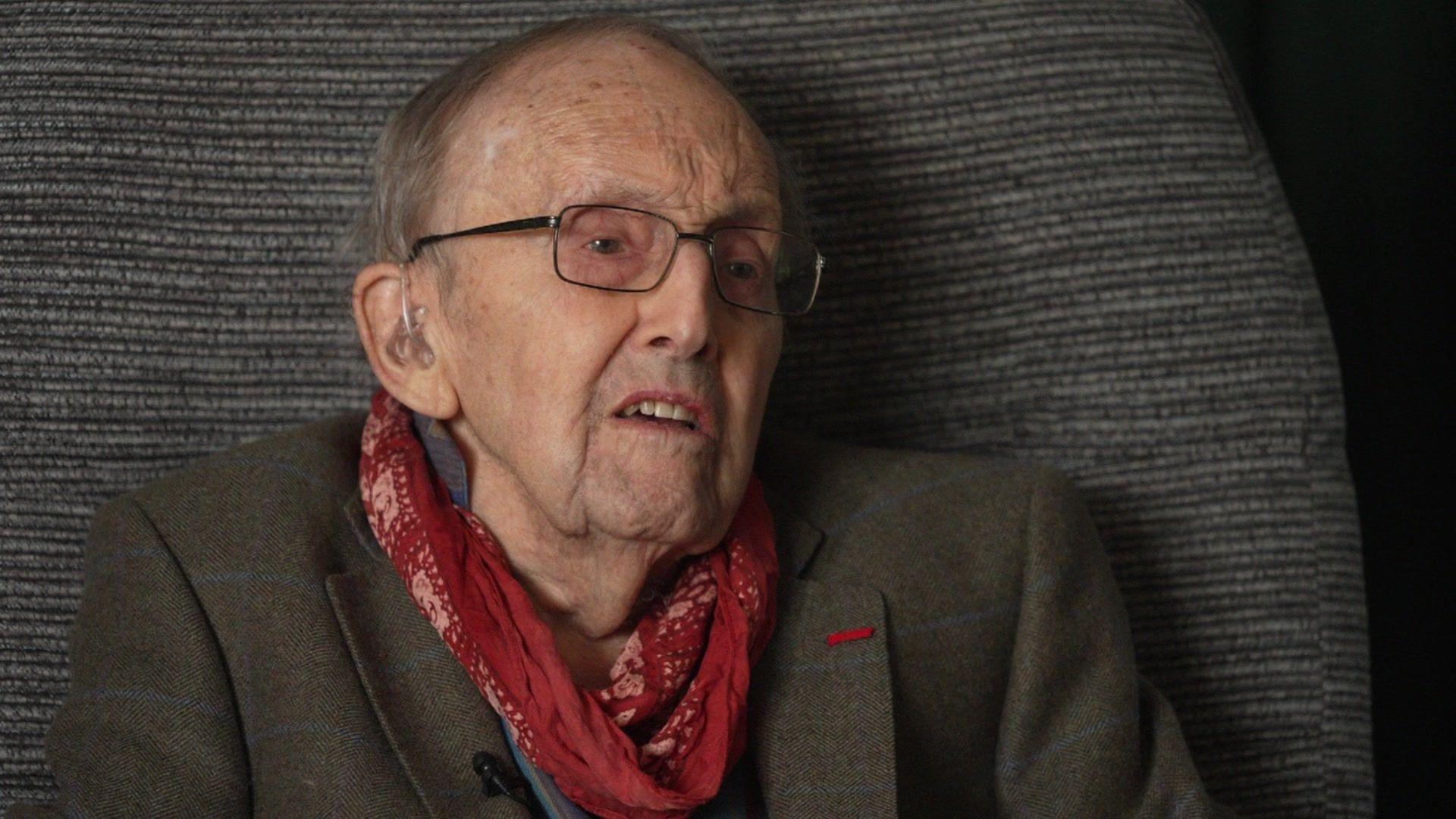
Cecil Newton said he was "exceptionally lucky to survive" after being shot in Germany
- Published
In the build-up to D-Day 80 years ago, every port, harbour and river along the south coast was packed with ships and landing craft.
Some of them set sail several days before the invasion took place and had to bob around in the Solent and the English Channel until they got the order to go.
Among those who boarded a landing craft at Lepe Beach in the New Forest, Hampshire on 3 June 1944, was 20-year-old trooper Cecil Newton.
Now, aged 100 and living in Aldbourne in Wiltshire, Mr Newton has shared his memories of being seasick on the voyage across the Channel, with the BBC.
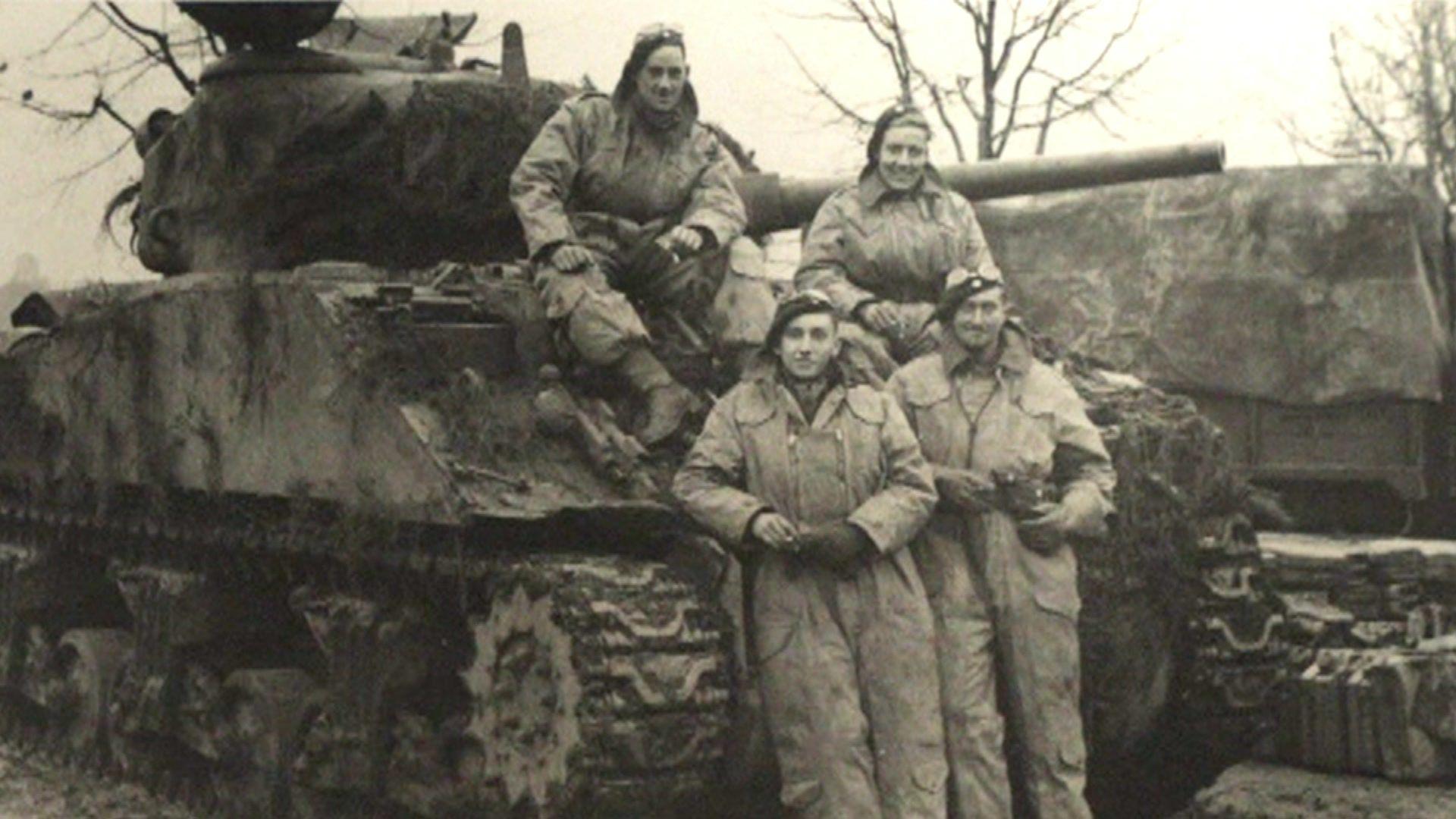
Mr Newton served in the 4th/7th Royal Dragoon Guards and worked as a loader in the crew of an amphibious Sherman Tank
Mr Newton served in the 4th/7th Royal Dragoon Guards and worked as a loader in the crew of an amphibious Sherman Tank.
At dawn on D-Day his landing craft approached Gold Beach, with the objective of knocking out a fortified German blockhouse.
He said: “I was never nervous. I was too young to be nervous. I hadn’t got the imagination.”
Mr Newton and his crew were in action for only a few moments.
He continued: “It was just off the landing craft into the water, an engagement with the blockhouse and then we sank.”
Cecil’s amphibious Sherman tank was among several not to make it off the beach, but all his crew got out when they sank in a water-filled shell hole.
They then went off to have a look at the blockhouse they had just destroyed, where Mr Newton found a bike to ride.
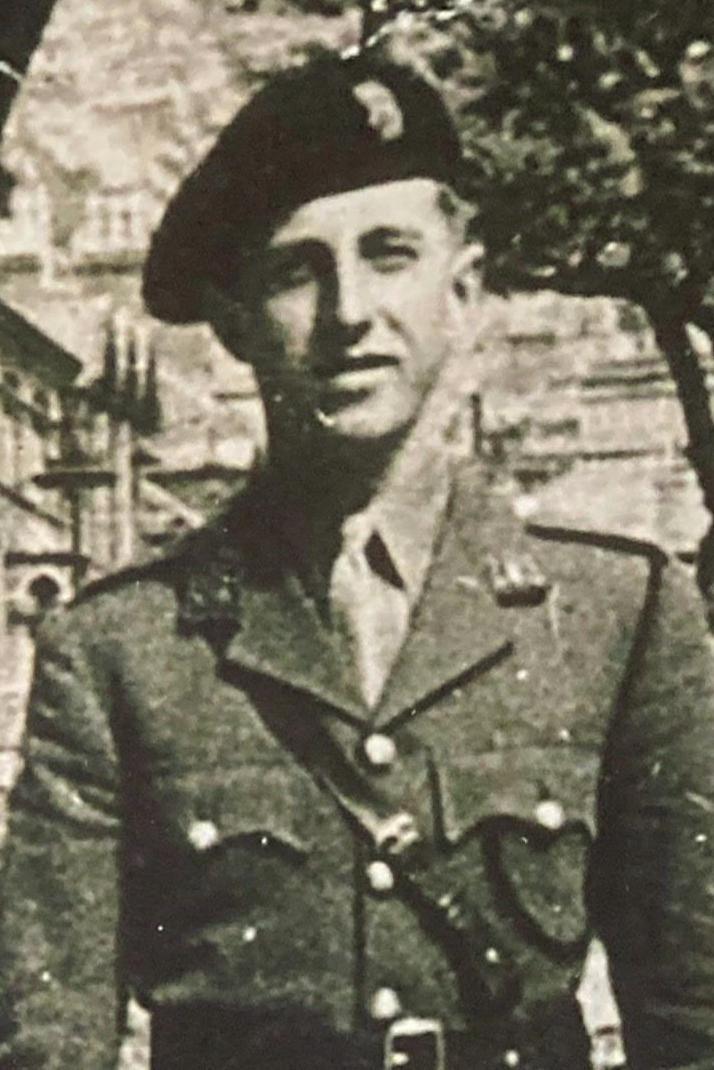
Mr Newton will be honouring his brother Frederic (pictured), who was shot dead by two Germans who raised their hands to surrender – but then opened fire
Later in the war, Mr Newton and his crew were among the first British troops to enter the city of Lille, but triumph quickly turned to tragedy.
In November 1944, he was severely wounded when his tank came under attack in a German village.
He suffered a serious leg injury and was then shot three times as he got out of the tank.
He explained: “I got out last as the loader and landed in the road behind the tank and said to myself ‘Now what do I do?' And I had three bullets in my back. I was exceptionally lucky to survive.”
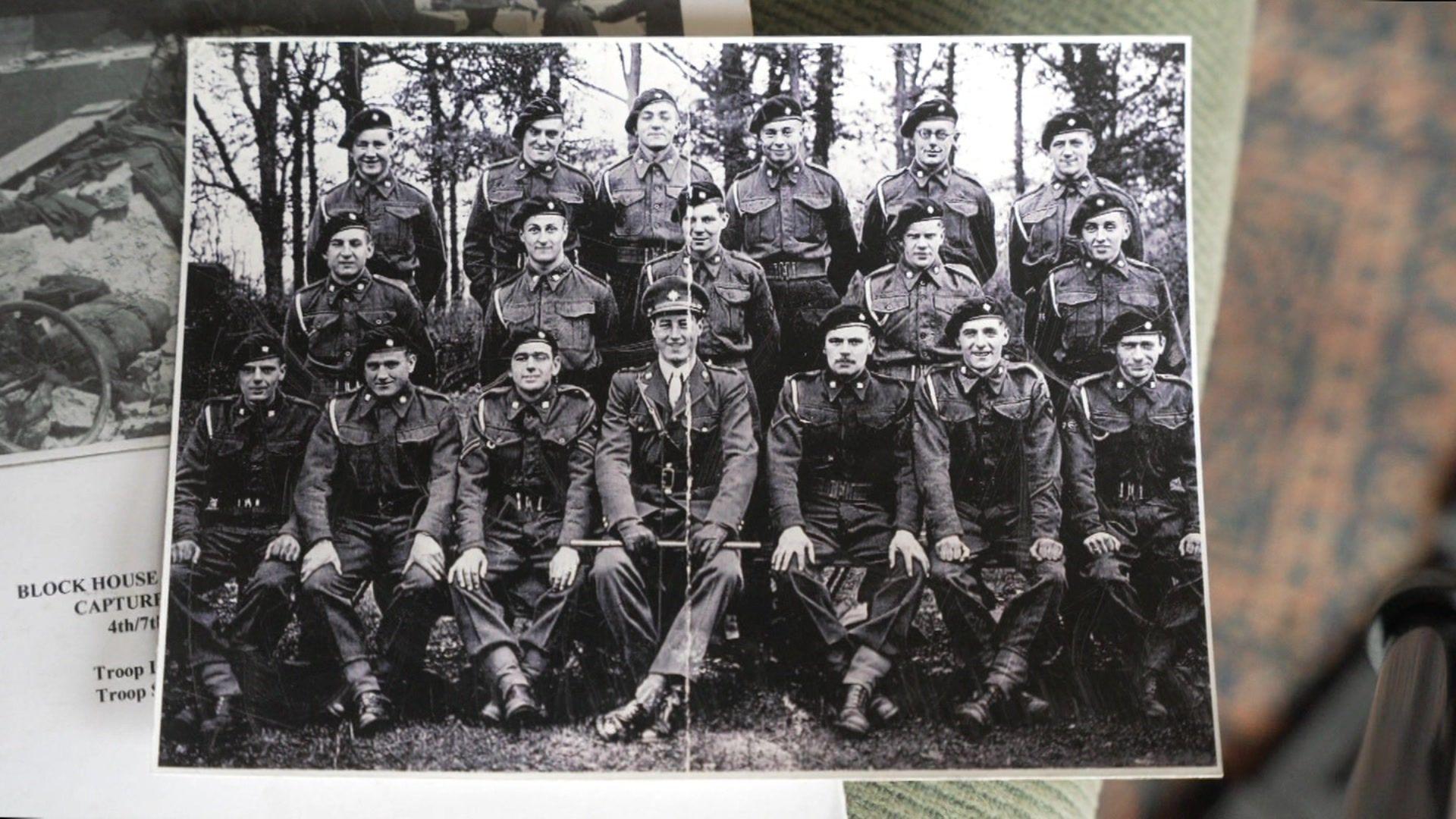
Mr Newton is travelling back to France to take part in the D-Day 80th anniversary commemorations and will visit some of the places his friends fell in battle
Mr Newton will be travelling back to France to take part in the D-Day 80th anniversary commemorations.
He will be visiting a French school named after him and some of the places his friends fell in battle.
Among the fallen Mr Newton will be honouring during his trip, is his brother Frederic, who was shot dead by two Germans who raised their hands to surrender – but then opened fire.
Asked what he thinks about the sacrifices made by his friends, he told BBC South: “Waste of time. Waste of their lives.”
A memorial event for the Royal Dragoons is being held at Lepe County Park, external from 11:00 BST, which Mr Newton is planning to attend.
Follow BBC South on Facebook, external, X (Twitter), external, or Instagram, external. Send your story ideas to south.newsonline@bbc.co.uk, external or via WhatsApp on 0808 100 2240, external.
- Published31 May 2024
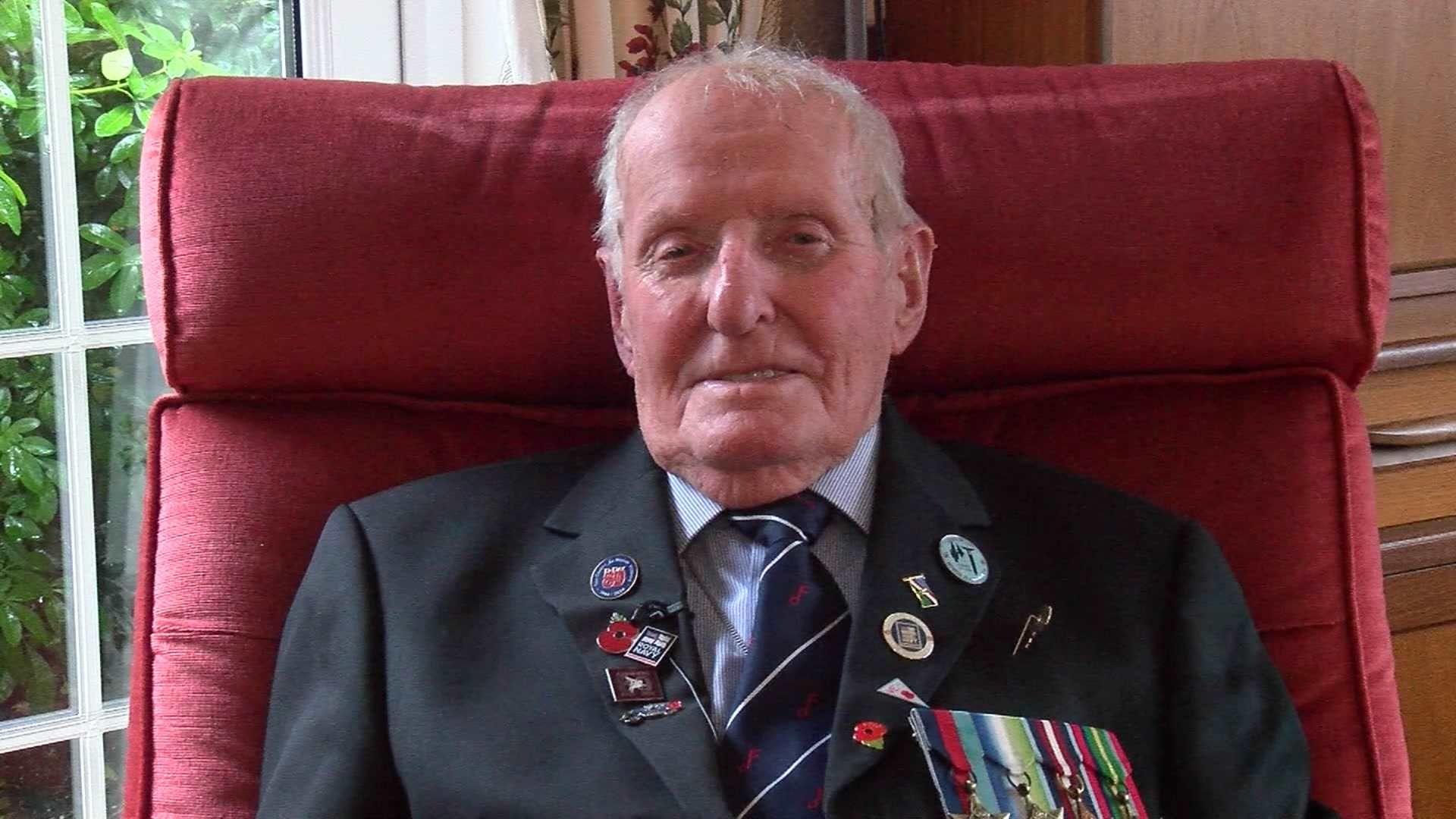
- Published31 May 2024
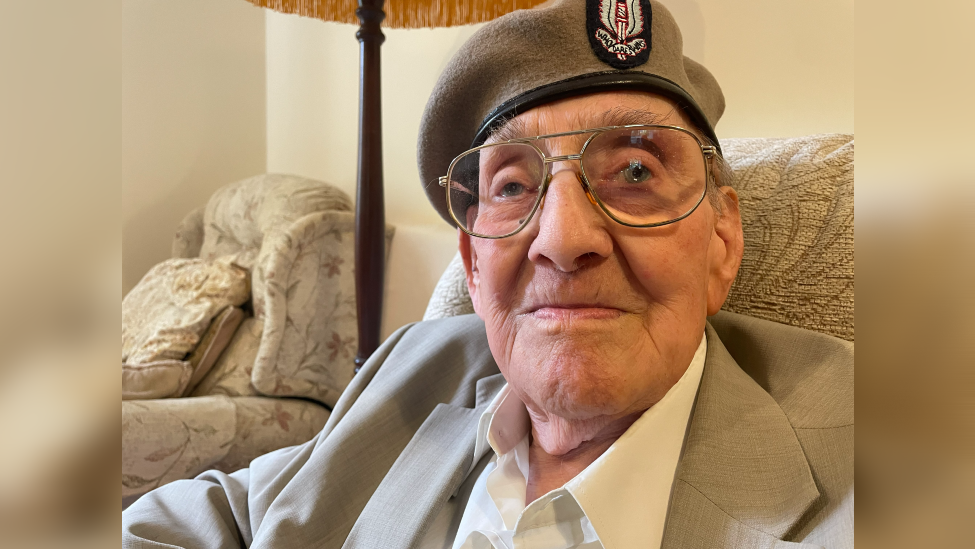
- Published29 May 2024
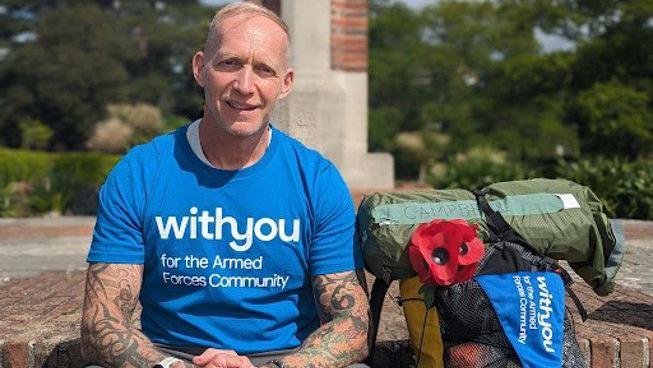
- Published28 May 2024

- Published28 May 2024
